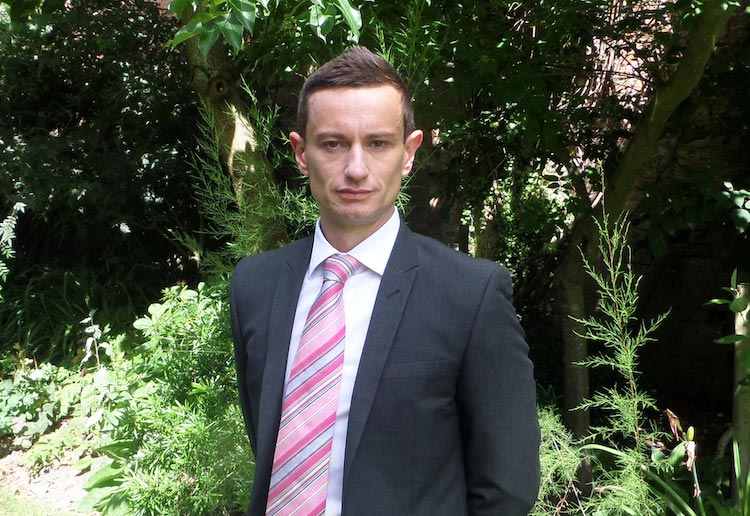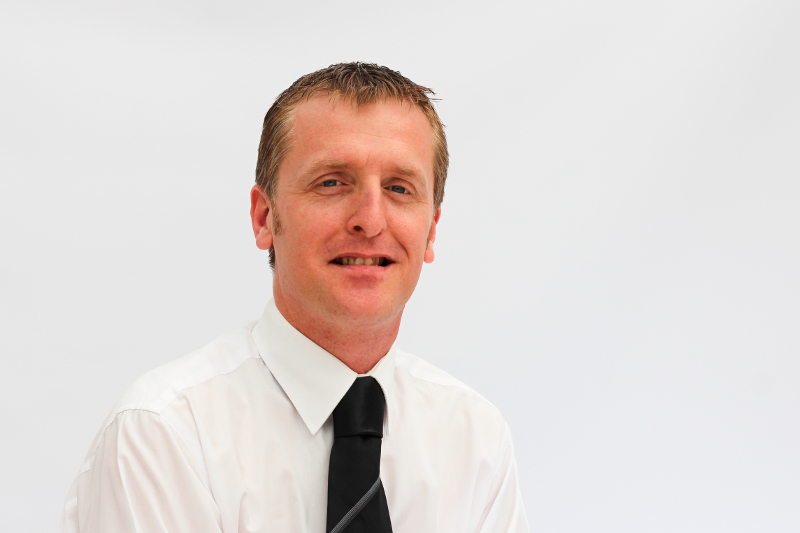ABOUT THE AUTHORS
Both Matthew and David have been brought up in the golf industry through the rapidly changing 1990s and 2000s.
During this period, the UK industry saw unprecedented growth in participation but an equally astonishing growth in golf course construction. Whereas the early 1990s could be categorised as ‘demand exceeding supply’, over the latter part of the decade and into the 2000s, supply started to exceed demand.
This created the need for a very different approach to golf club management. Where once any new members required by a club were simply picked from the waiting list, golf clubs needed to commercialise their approach and focus on driving all revenues within the business, as well as pro-actively marketing and selling golf membership.
At the forefront of this changing golf industry landscape was a company called Clubhaus. Despite their German name, they were, in fact, a British company and the first golf club owner/operator to float on the London Stock Exchange. In November 1996, they took ‘golf’ as a serious business proposition to the City of London for the very first time. They had the goal of managing multiple golf clubs and leveraging the benefits for their customers through reciprocal playing privileges and loyalty reward schemes, as well as exploiting economies of scale and creating clubs that were attractive to both genders and any age group.
Matthew and David both worked for Clubhaus from these early days of the company’s existence, becoming golf club General Managers in their mid-twenties. The company had no industry-established best practices to follow – along with American Golf (UK) Limited they were one of the first companies in the UK to own and operate a group of golf clubs. It was the club’s General Managers at this time who, through trial & error and adapting other industries’ best practices, discovered what worked and what didn’t for golf. Many of these practices are well established today, but their roots can be traced back to the 1990s.
In the mid-2000s, Matthew and David went in different directions. Matthew took a one-year break from his career to study a master’s degree in business administration in Edinburgh and came back to work for a small group of six clubs in the South East of England. David remained at Clubhaus (which had since changed its name to The Club Company) as General Manager at several clubs and latterly Group Sales Manager.
In an increasingly competitive marketplace, forward-thinking golf clubs were beginning to look at additional products and services they could offer that would increase profitability but also protect the golf business against seasonal fluctuations and poor weather. Both Matthew and David were at the forefront of this new strategy. In The Club Company, David helped develop what they called the “Country Club” model – building high-end fitness facilities, including gyms, swimming pools, fitness studios, and spa facilities. Matthew helped lead the same concept in the Country Club Group.
The model was hugely successful with golf and fitness knitting together exceptionally well. When golf was quieter in the early months of the year, fitness was exceptionally busy. Then when the golfing season started to kick-in, fitness tailed off in popularity. The countryside location of the clubs also proved popular for the fitness consumer. Whereas other gyms were based in-town or on industrial estates, fitness facilities based on golf courses had the advantage of some spectacular views across the countryside.
Another benefit of diversifying the product offering to include fitness facilities was the inheritance of new working practices from the health club industry, particularly with respect to membership sales and marketing. The fitness business was certainly more commercialised than the golf industry, and many tactics and strategies of generating membership leads and converting them into members adapted well to golf.
In 2007 David left The Club Company to set up his own consultancy and training companies, Promote Leisure and Promote Golf. The pair joined forces again in 2015 to launch Promote Training – the first dedicated eLearning provider to the UK golf industry, and in 2019 set-up Promote Marketing – a full-service marketing agency.
Today, they have a wide range of clients across the four ‘Promote’ brands – from traditional private members clubs through to new Adventure Golf businesses. They also continue to be at the forefront of the ‘Country Club’ model, working with golf & fitness club owners and also helping golf-only venues explore the opportunities that adding fitness facilities to their properties can afford.
Both Matthew and David have been brought up in the golf industry through the rapidly changing 1990s and 2000s.
During this period, the UK industry saw unprecedented growth in participation but an equally astonishing growth in golf course construction. Whereas the early 1990s could be categorised as ‘demand exceeding supply’, over the latter part of the decade and into the 2000s, supply started to exceed demand.
This created the need for a very different approach to golf club management. Where once any new members required by a club were simply picked from the waiting list, golf clubs needed to commercialise their approach and focus on driving all revenues within the business, as well as pro-actively marketing and selling golf membership.
At the forefront of this changing golf industry landscape was a company called Clubhaus. Despite their German name, they were, in fact, a British company and the first golf club owner/operator to float on the London Stock Exchange. In November 1996, they took ‘golf’ as a serious business proposition to the City of London for the very first time. They had the goal of managing multiple golf clubs and leveraging the benefits for their customers through reciprocal playing privileges and loyalty reward schemes, as well as exploiting economies of scale and creating clubs that were attractive to both genders and any age group.
Matthew and David both worked for Clubhaus from these early days of the company’s existence, becoming golf club General Managers in their mid-twenties. The company had no industry-established best practices to follow – along with American Golf (UK) Limited they were one of the first companies in the UK to own and operate a group of golf clubs. It was the club’s General Managers at this time who, through trial & error and adapting other industries’ best practices, discovered what worked and what didn’t for golf. Many of these practices are well established today, but their roots can be traced back to the 1990s.

In the mid-2000s, Matthew and David went in different directions. Matthew took a one-year break from his career to study a master’s degree in business administration in Edinburgh and came back to work for a small group of six clubs in the South East of England. David remained at Clubhaus (which had since changed its name to The Club Company) as General Manager at several clubs and latterly Group Sales Manager.
In an increasingly competitive marketplace, forward-thinking golf clubs were beginning to look at additional products and services they could offer that would increase profitability but also protect the golf business against seasonal fluctuations and poor weather. Both Matthew and David were at the forefront of this new strategy. In The Club Company, David helped develop what they called the “Country Club” model – building high-end fitness facilities, including gyms, swimming pools, fitness studios, creche and spa facilities. Matthew helped lead the same concept in the Country Club Group.



The model was hugely successful with golf and fitness knitting together exceptionally well. When golf was quieter in the early months of the year, fitness was exceptionally busy. Then when the golfing season started to kick-in, fitness tailed off in popularity. The countryside location of the clubs also proved popular for the fitness consumer. Whereas other gyms were based in-town or on industrial estates, fitness facilities based on golf courses had the advantage of some spectacular views across the countryside.
Another benefit of diversifying the product offering to include fitness facilities was the inheritance of new working practices from the health club industry, particularly with respect to membership sales and marketing. The fitness business was certainly more commercialised than the golf industry, and many tactics and strategies of generating membership leads and converting them into members adapted well to golf.
In 2007 David left The Club Company to set up his own consultancy and training companies, Promote Leisure and Promote Golf. The pair joined forces again in 2015 to launch Promote Training – the first dedicated eLearning provider to the UK golf industry, and in 2019 set-up Promote Marketing – a full-service marketing agency.
Today, they have a wide range of clients across the four ‘Promote’ brands – from traditional private members clubs through to new Adventure Golf businesses. They also continue to be at the forefront of the ‘Country Club’ model, working with golf & fitness club owners and also helping golf-only venues explore the opportunities that adding fitness facilities to their properties can afford.
Contact David
Contact Matthew
